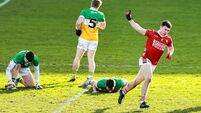This much I know: Derek Davis

"Every fat man is used to rejection.
I was always an extrovert but it is only in retrospect that I see that you construct a persona to fit your person. Being a fat person, I constructed a persona to go along with my size.












